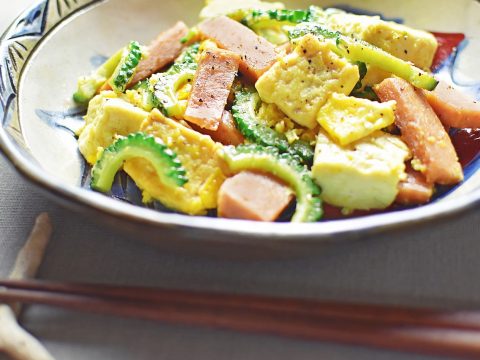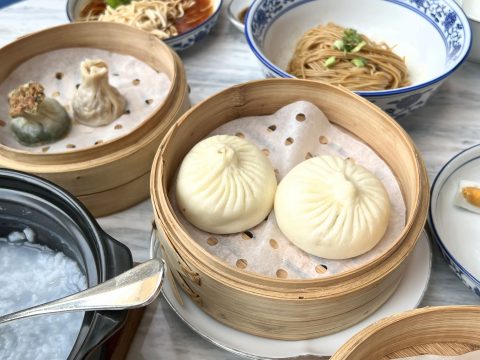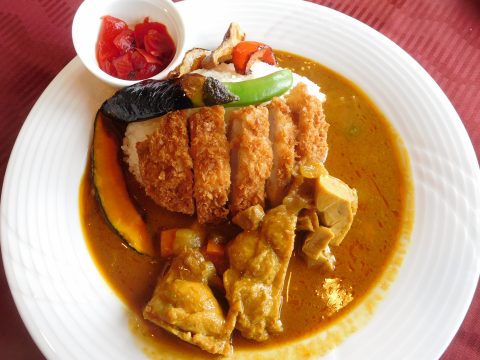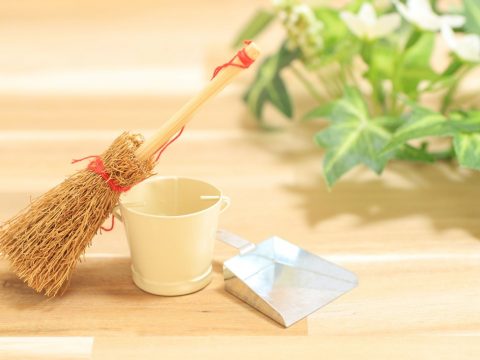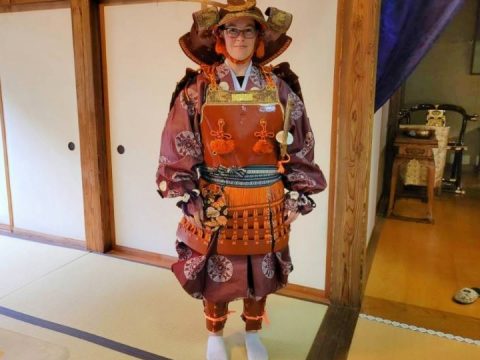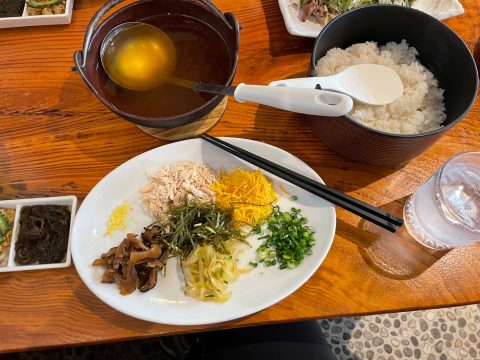Company Retreats(社員旅行)
WORK’IN JAPAN
05.10.2023

In the fast-paced world of business, finding ways to boost team morale, innovation, and workplace relationships is incredibly important. In Japan, one of the strategies gaining popularity for this is the “company retreat” or shainryokō. While these corporate outings have been practiced worldwide, they take on unique activities in Japan.
In this article, we’ll explore the concept of company retreats in Japan and delve into how they modern business practices with culture.
What is shainryokō?
Company retreats in Japan are used with the intention of strengthening team relationships. It is the belief that stronger workplace relationships help to improve not only workflow and efficiency but also the overall atmosphere of the workplace. Therefore, these company retreats aim to be well-structured and balance work sessions with recreational activities.
The work sessions often focus on goal-setting, brainstorming, and team-building discussions. These discussions are held in a relaxed, open environment, which encourages creativity.
The recreational activities, on the other hand, provide an opportunity for employees to bond on a personal level. This personal connection can improve collaboration and communication when back in the office. Whether it’s enjoying a soak in the onsen, engaging in traditional games, or simply strolling through a beautiful garden, these activities help strengthen the team’s sense of unity.

Popular Locations
Japan’s diverse geography offers a wide range of retreat locations, from bustling cities to serene countryside destinations, making it an ideal place to hold corporate retreats. Many companies choose to escape the urban hustle and bustle, heading to calmer natural settings like Hakone, Nikko, or the Japanese mountains.
It is a common belief in Japan, as with other places, that reconnecting with nature can rejuvenate the body and mind. Supposedly, this can help boost creativity and productivity. Retreats often take place in ryokan (traditional inns) or onsen resorts, where participants can relax in natural hot springs and enjoy traditional Japanese meals surrounded by bountiful nature.

Team Building Activities
Company retreats in Japan are not just about relaxation; they also offer opportunities for team-building exercises and activities. Some popular options include:
- Meditation: Participants learn the art of mindfulness and meditation from Zen masters. This practice aims to improve self-reflection, stress reduction, and focus.
- Traditional Japanese Arts: Experiencing traditional arts like calligraphy, ikebana (flower arranging), and martial arts can teach teamwork, patience, and discipline, all skills that are highly valued in Japanese work environments.
- Culinary Activities: Team cooking classes or sushi-making workshops allow colleagues to bond while creating and enjoying delicious meals together.
- Outdoor Activities: Adventures hiking in the Japanese Alps, river rafting, or participating in a group tea-picking session are often used to develop teamwork and problem-solving.
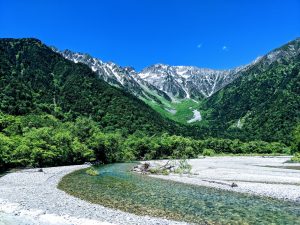
Company retreats in Japan present a blend of modern business practices and traditional Japanese values. They provide a unique opportunity for employees to unwind, connect with colleagues, and create fresh perspectives. With their focus on natural surroundings, cultural experiences, and collaborative team-building activities in a peaceful environment, these retreats deliver a truly enjoyable experience for all participants. As businesses continue to evolve, company retreats in Japan continue to be a valuable tool for nurturing creativity, collaboration, and friendship in business settings.

Ella Clayton
Ella Clayton is a food writer, traveler, and all-around Japan enthusiast. Studying in Japan for her bachelor’s degree, she has ventured from Kansai and Kanto, and can say definitely: Osaka style Okonomiyaki is the best.
Read previous articles by the writer
Read latest articles
KEYWORDS
- # PICKPICK
- # Resume
- # alcohol
- # Rice
- # Soup
- # winter food
- # Fast Food
- # seafood
- # spicy foods
- # raw food
- # fermented food
- # Transportation
- # MEAT
- # Edo culture
- # suits
- # clothing
- # drink
- # fish
- # seasoning
- # Japanese New Years Foods
- # Toshikoshi soba
- # Osechi Ryori
- # Ozoni
- # Christmas
- # Japanese fusion pasta
- # Wafu Pasta
- # Japanese Hot Pot
- # なべ
- # 鍋
- # Miyazaki
- # Chicken Nanban
- # Karamen
- # Autumn Wagashi
- # Mushi-yokan
- # Imo-yokan
- # Japanese Autumn Fruits
- # Autumn
- # Vending Machine
- # fall
- # dango
- # Chestnut rice
- # saury
- # Mushroom
- # Rice vinegar
- # Japanese condiments
- # 調味料
- # Sake
- # Mirin
- # Soy sauce
- # Japanese Noodles
- # Udon
- # Ramen
- # Yakisoba
- # Soba
- # Japanese Seaweed
- # 海藻
- # かいそう
- # Payslip
- # Training
- # Japanese summer foods
- # 和菓子
- # Wagashi
- # ryokucha
- # 夏
- # 飲み物
- # Ramune
- # ラムネ
- # Pokari Sweat
- # ポカリスエット
- # Calpis
- # カルピス
- # Mugicha
- # ume
- # 梅
- # うめ
- # umeshu
- # job hunting
- # tofu
- # Recruitment in Japan
- # miso
- # Japanese cuisine
- # Yellowtail and bonito
- # Children’s Day
- # Kashiwa Mochi
- # Chimaki
- # fruits
- # Kusamochi
- # Types of Agriculture in Japan
- # bread
- # パン
- # パン屋さん
- # japanese bread
- # shokupan
- # meal blead
- # anko bread
- # 桜
- # さくら
- # cherry blossom
- # visa
- # hanami
- # omotenashi
- # sakura
- # おもてなし
- # Japanese hospitality
- # oshibori
- # wet hand towel
- # hand towel
- # restaurant
- # Commuting in Japan
- # Women-only cars
- # Exit gate
- # japanese train
- # train
- # valentine
- # Japanese sweets
- # 朝食
- # Japanese Breakfast
- # Breakfast
- # Japanese
- # 日本
- # healthy
- # persimmons
- # hoshigaki
- # HR
- # work in Japan
- # jinji ido
- # corporate systems
- # Japanese work culture
- # bento
- # ekiben
- # shinkansen
- # omiyage
- # train station
- # Japanese culture
- # work culture
- # mentaiko
- # umeboshi
- # Japanese snacks
- # potato chips
- # Japanese potato chips
- # Japanese writing
- # seaweed
- # konbu
- # ocean foods
- # shio konbu
- # dashi
- # miso soup
- # food processing
- # pear
- # nashi
- # sweet potato
- # japanese sweet potato
- # stingray
- # satsuma imo
- # food value chain
- # homecooking
- # agriculture
- # Japanese homecooking
- # farming
- # nikujaga
- # shojin ryori
- # meat and potatoes
- # traditional foods
- # comfort food
- # buddhist food
- # manufacturing
- # factory
- # eihire
- # vegetarian
- # food and beverage
- # izakaya
- # yatai
- # japanese festival
- # taiyaki
- # matsuri
- # summer
- # Ikayaki
- # smart agriculture
- # shaved ice
- # kakigori
- # かき氷
- # summer dessert
- # Japan
- # Japanese foods
- # dessert
- # fruit
- # matcha
- # icecream
- # Pikcup
- # Pikc up
- # Pcikup
- # skilled labor visa
- # working visa japan
- # Dineer Table in Japan
- # Japanese manner
- # Japanese food
- # Japanese Table Manner
- # Chopsticks
- # Japanese traffic signs
- # traffic information
- # road rules in Japan
- # chocolate
- # green tea
- # Osaka
- # Work Japan
- # Japanese company
- # ikura
- # sushi
- # nigiri
- # wasabi
- # PCIK
- # PICK UP
- # PICK
- # PICKUP


